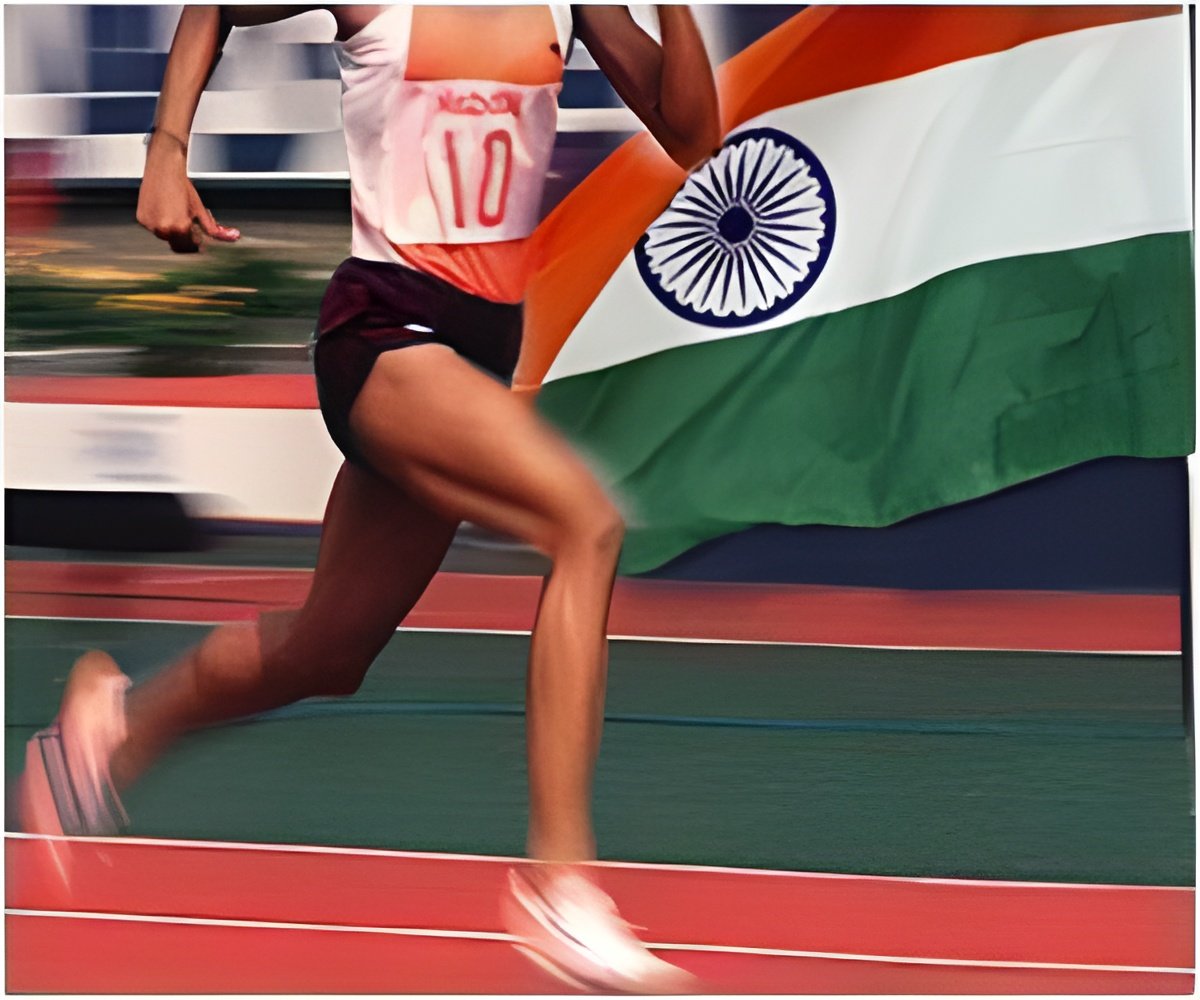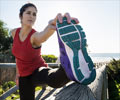During an ultramarathon, an athlete's body would perform better when he ran 200 miles instead of stopping after a 100 miles, a new study revealed

They also took samples of blood and muscles to measure inflammation and muscle fatigue.
Researchers found that after completion of race, the Tor des Geants athletes suffered less muscle fatigues and soreness as compared to their counterparts who ran half the distance, CBS News reported.
They also kept track of the vital statistics of 25 Tour des Geants athletes, representing top 33 percent of the group.
Researchers collected data before, during and after the race from the athletes, about muscle strain in the knees and foot, and recorded the electrical activity of the muscles through electrical stimulation sensors. Data on the 100-mile runners was gathered from a previous study.
They found that longer distance athletes had 30 percent more strength in lower leg muscles than people completing 100-mile course.
Advertisement
The Tor des Geants runners on an average ran 3.4 miles per hour during their course, while athletes running 100-miles ran at a faster clip of 4.5 miles per hour.
Advertisement
The study has been published in PLOS One.
Source-ANI










